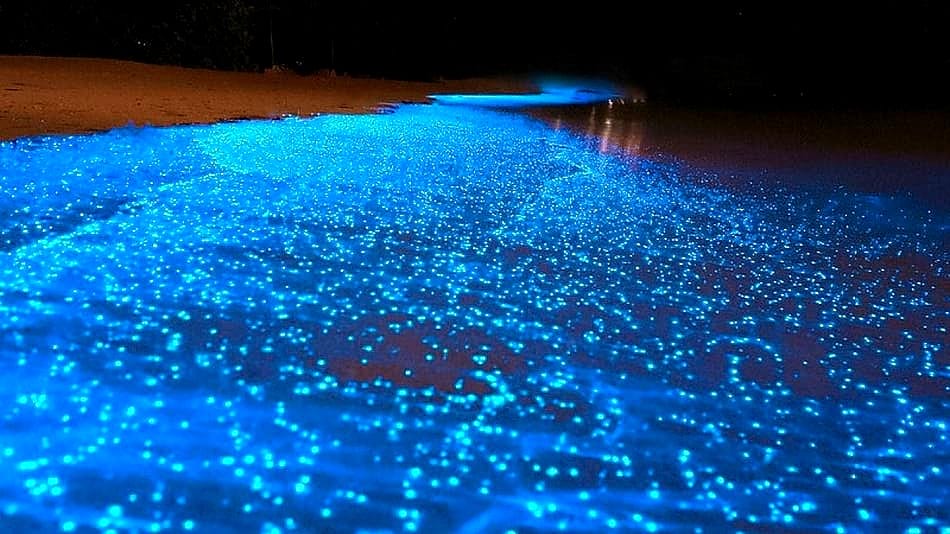New project to analyze marine biodiversity loss through the study of marine calcifying plankton
Most knowledge on marine biodiversity loss comes from larger nekton and macro-species, with far less information however coming from micro-organisms at the base of most marine food webs.

BIOCAL will ascertain past changes from the marine sedimentary perspective, profiting from core samples globally, and via key collaborators from France, Germany, the UK, and Norway.
Marine biodiversity loss is often overly characterized by the overharvesting of fish, since this alone is implicated in reduced ecosystem complexity, changes in plankton size spectrums that determine trophic organization, metabolic activities, organic matter export, and more.
ICTA-UAB researchers Patrizia Ziveri and Graham Mortyn (as co-PIs) recently received a grant through the Spanish Ministry of Science and Innovation (MINECO) for a 4-year project entitled “Global biodiversity of marine planktonic calcifiers (BIOCAL)”. The project will assess biodiversity change rates from past and present perspectives for marine calcifying plankton groups (primarily coccolithophores as phytoplankton, and foraminifera and pteropods as zooplankton), identifying and clarifying impacts from climate change and marine ecology. This is of key importance given the role of such plankton groups at the base of oceanic food webs globally, and humanity’s clear dependence on the oceans for this major resource, in addition to a variety of ecosystem services. The surface ocean is after all Earth’s largest and most important ecosystem.
BIOCAL will ascertain past changes from the marine sedimentary perspective, profiting from core samples globally, and via key collaborators from France, Germany, the UK, and Norway. Comparable efforts will be made via the modern oceanic water column and via “sediment trap” samples from key oceanic regions, including the North Pacific, the Southern Ocean, and the Mediterranean Sea. In summer 2023, the BIOCAL project will embark upon a North Atlantic expedition, to deploy on an S-N transect from 37°N to 78°N (SubArctic) a series of new sampling efforts (both water column and sediments), across a range of frontal systems and biogeochemical gradients.
The BIOCAL findings are expected to yield important new insights on marine biodiversity pressures, ranging from ocean warming to reduced stratification, deoxygenation, ocean acidification, and more. All this bears influence on fisheries, the global protein food supply, and marine ecosystem services.